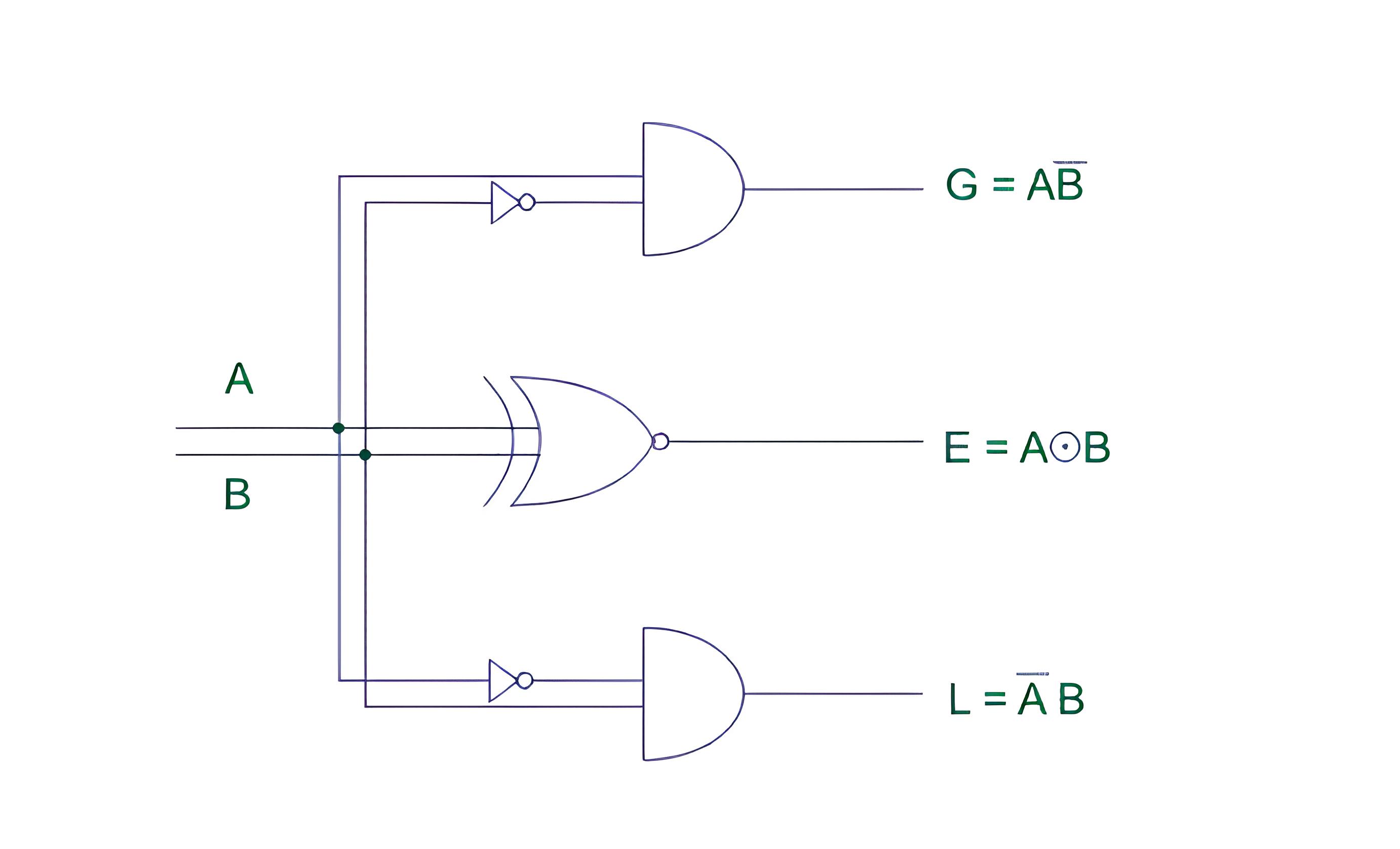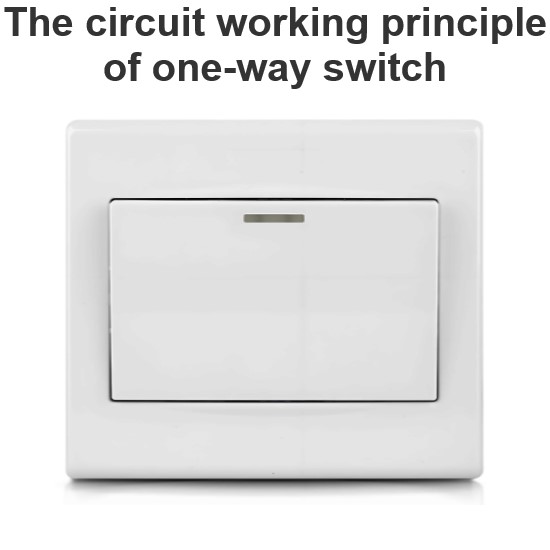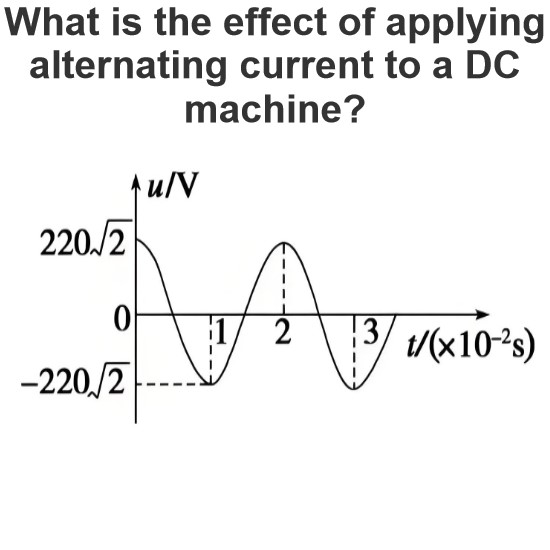What is a Digital Comparator?
What is a Digital Comparator?
Digital Comparator Definition
A digital comparator is defined as a circuit that compares two binary numbers and indicates whether one is greater, equal, or smaller than the other.
Single-Bit Digital Comparator
Compares two single-bit binary numbers and provides outputs for greater, equal, and smaller conditions.
Multi-Bit Digital Comparator
Extends comparison to multi-bit binary numbers, often using a 4-bit comparator as a basic building block.
Working Principle
The comparator evaluates each bit, starting from the most significant, to determine the output condition. The following examples can be explained:
G = 1 (logically 1) when A > B.
B = 1 (logically 1) when A = B.
And
L = 1 (logically 1) when A < B.

IC 7485
A 4-bit digital comparator IC that can be cascaded for comparing larger binary numbers, with specific input and output terminals for seamless integration.
The Electricity Encyclopedia is dedicated to accelerating the dissemination and application of electricity knowledge and adding impetus to the development and innovation of the electricity industry.













